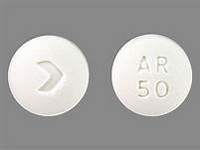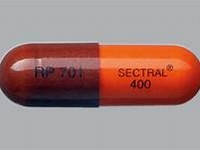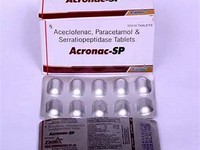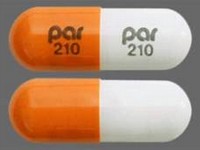Linezolid
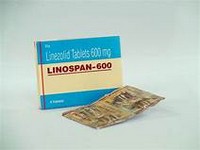
Linezolid
CLINICAL USE
Antibacterial agentDOSE IN NORMAL RENAL FUNCTION
600 mg twice dailyPHARMACOKINETICS
DOSE IN RENAL IMPAIRMENT
GFR (mL/MIN)
DOSE IN PATIENTS UNDERGOING RENAL REPLACEMENT THERAPIES
IMPORTANT DRUG INTERACTIONS
Potentially hazardous interactions with other drugsADMINISTRATION
Reconstition
–Route
Oral, IVRate of Administration
Over 30–120 minutesComments
–OTHER INFORMATION
30% of dose is removed by a 3 hour haemodialysis sessionIn patients with GFR <10 mL/min, if platelet count drops on a dose of 600 mg twice daily, consider reducing dose to 600 mg once dailyTwo metabolites accumulate in renal failure which have MAOI activity but no antibacterial activity – monitor patients closelyThere is 5 mmol sodium per 300 mL infusionLinezolid is a weak, reversible non- selective inhibitor of MAO therefore can be used with drugs not normally given with MAOIs (e.g. SSRIs) but monitor closelyIn patients who have been on linezolid for longer than 28 days, there have been reports of peripheral neuropathy and/or optic neuropathy occasionally leading to loss of vision, anaemia requiring transfusions, and lactic acidosis – visual function should be monitored in these patientsAfter oral or IV administration, adequate drug concentrations can be found in PF fluid to treat VRE peritonitis. (Salzer W. Antimicrobial-resistant gram-positive bacteria in PD peritonitis.
See how to identify renal failure stages according to GFR calculation
See how to diagnose irreversible renal disease
Home

